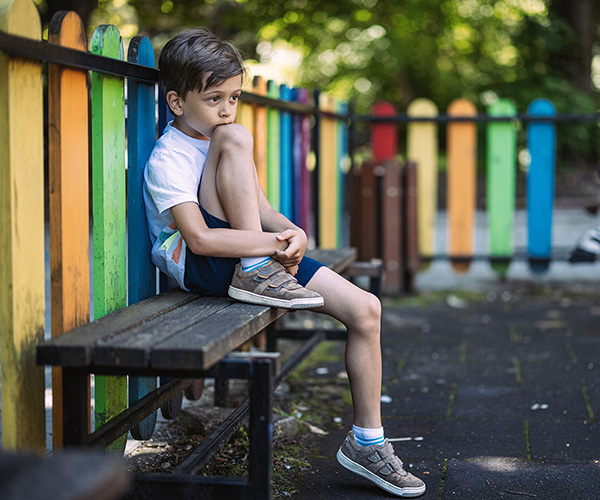
Research has linked adverse childhood experiences with a higher risk of health problems, substance use disorders, and mental illness. Evidence also suggests that these long-term problems could result from the stresses that adverse experiences place on children’s developing nervous systems.
- To delve into the potential relationship between early childhood adversity and neurocognitive development, researchers from the Social and Behavioral Sciences Branch examined data from approximately 50,000 children involved in the Collaborative Perinatal Project. They evaluated patterns of adverse experiences occurring between birth and age 7 years, as children may undergo multiple forms of adversity at the same time.
- Children exposed to early life adversity scored lower on neurological and cognitive tests than those who experienced minimal or no adversity. Children exposed to crowded housing and poverty had the lowest scores on a test of sensory-motor skills and a test of listening and vocal function. Children who experienced the loss of a parent or sibling, family instability, and poverty had the lowest scores on tests of intelligence and arithmetic achievement.
- The results are concerning because many of the neurocognitive deficits observed among children can have long-term implications for educational success in adulthood and for social and emotional wellbeing. The authors called for further studies to develop interventions protecting children from the potential neurological effects of adversity.
Reference
Yu J, Haynie DL, Gilman SE. Patterns of adverse childhood experiences and neurocognitive development. JAMA Pediatrics DOI: 10.1001/jamapediatrics.2024.1318 (2024)
Learn more about the Division of Population Health Research: https://www.nichd.nih.gov/about/org/dir/dph
 BACK TO TOP
BACK TO TOP